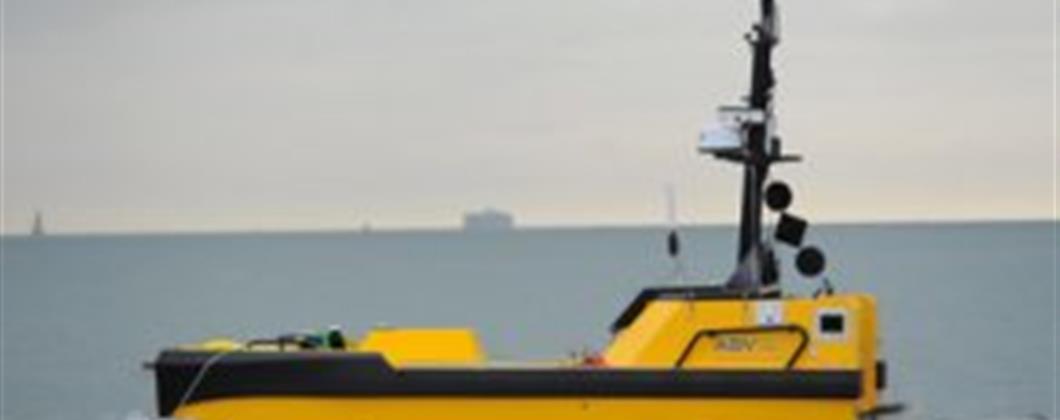Transport secretary says UK on the brink of a maritime revolution

The UK Transport Secretary recently commented that the UK’s maritime industry was on the brink of a technological revolution which could lead to faster shipping, as well as being greener and safer in the long run. The growing use of autonomous vessels is said to be at the heart of the plans.
This vision for the future was laid out by transport secretary Chris Grayling on the 28th February at the Smart Shipping Event and is made in the wake of the first ever semi-autonomous vessel, C-Worker 7, being signed to the UK Ship Register in November 2017.
He stated: “As a country with a proud maritime history, the UK is absolutely determined to be at the forefront of this exciting time of change in the industry. We are already working…to pave the way for this new era of shipping”, using technology to greatly benefit the industry in a number of ways.
Could autonomous vessels soon become a familiar sight on our waters?
Maritime UK, a body that brings together the maritime industry to discuss and promote changes and drive growth, published the Code of Practice for Autonomous Vessels in November also. Whilst you shouldn’t expect to see autonomous shipping vessels in the very near future, there is a definite trend in the industry towards the possibility, as outdated regulations are altered for the future.
How else could a technological revolution change the maritime industry?
Augmented reality - could be used to train new cadets and familiarise them with a ship before leaving shore, improving experience and safety.
Artificial Intelligence - could be used to plan better and safer routes, avoiding obstacles and severe weather conditions. It could also feedback on any problems at the port and highlight any mechanical failures.
More environmentally friendly - a rise in the number of electric hybrid vessels will greatly reduce carbon emissions.
Magnetic berthing - would make the mooring process smoother, safer and easier.
